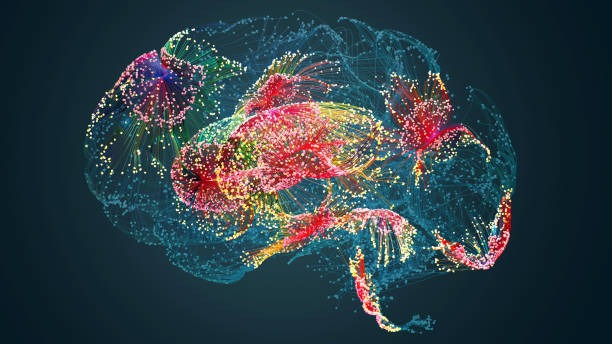Autistic Brains and Unexpected Events
The Neuroscience of Predictability: How Autistic Brains Process Unexpected Events
EDUCATION
Jane Fresno
9/27/20242 min read


Understanding Predictability in Autism
The concept of predictability is paramount in the lives of individuals with autism. To fully appreciate how autistic brains process unexpected events, we must first understand the fundamental role of predictability in their daily experiences. Predictability provides a sense of control and stability, which can significantly alleviate stress and anxiety for those on the spectrum.
The Neuroscience Behind Predictability
Neuroscientific research has revealed that the brain's response to predictability and unexpected events is governed by complex neural mechanisms. In the autistic brain, these mechanisms function differently compared to neurotypical brains. Studies using imaging technologies, such as fMRI and EEG, have highlighted alterations in regions associated with sensory processing, cognitive control, and emotional regulation. These differences contribute to the heightened sensitivity to changes and unexpected occurrences often observed in autistic individuals.
Processing Unexpected Events
When faced with unexpected situations, the typical brain engages predictive coding to adjust and respond. However, autistic brains exhibit atypical predictive coding, which can lead to increased difficulties in adapting to sudden changes. This atypical processing can manifest as heightened stress, anxiety, and even discomfort in new or unpredictable scenarios.
Recent research emphasizes the importance of understanding these neural differences to provide effective support and interventions. By recognizing the specific ways in which autistic brains process information, we can develop tailored strategies to help manage and potentially mitigate the challenges posed by unpredictable events.
Implications for Support and Intervention
Understanding the neuroscience of predictability in autism has significant implications for support and intervention strategies. Practitioners and caregivers can utilize this knowledge to create environments that minimize unexpected events, thereby fostering a sense of predictability and safety for individuals with autism. Structured routines, clear communication, and gradual introductions to new experiences can be particularly beneficial.
Furthermore, therapies designed to enhance coping mechanisms and sensory processing can empower autistic individuals to better navigate unpredictability. Such interventions not only improve their quality of life but also promote greater independence and social integration.
In conclusion, the neuroscience of predictability offers crucial insights into how autistic brains process unexpected events. By leveraging this understanding, we can develop more effective support systems that enhance predictability and reduce stress for those on the autism spectrum. This knowledge paves the way for a more inclusive and supportive environment, fostering growth and well-being for individuals with autism.
Contact
Email: contact@beyondlabelreads.com
Socials
WhatsApp: 07840005489
